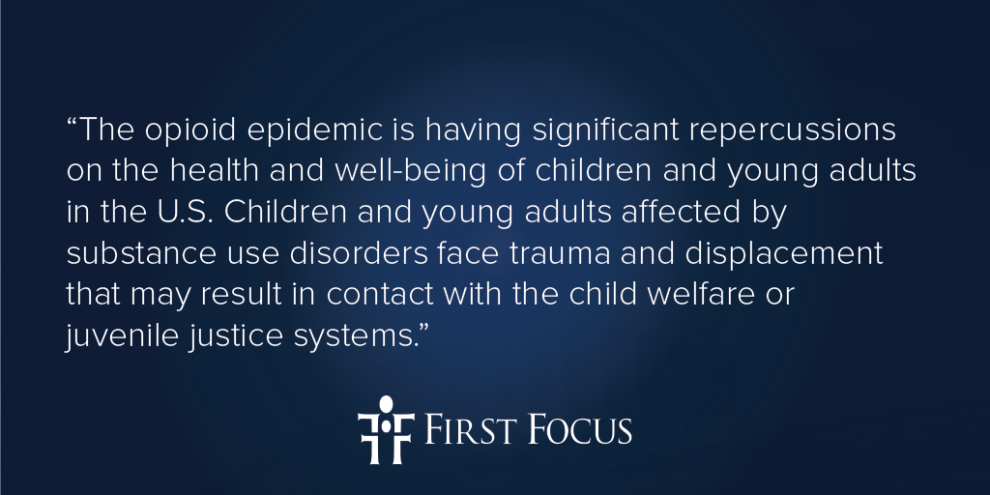
On Friday, June 22, the House of Representatives passed H. R. 6, SUPPORT for Patients and Communities Act, by a vote of 396 – 14. This language says that states “… shall not terminate eligibility for medical assistance under the State plan for an individual who is an eligible juvenile because the juvenile is an inmate of a public institution, but may suspend coverage during the period the juvenile is such an inmate;
“(B) in the case of an individual who is an eligible juvenile described in paragraph, the State shall, prior to the individual’s release from such a public institution, conduct a redetermination of eligibility for such individual with respect to such medical assistance (without requiring a new application from the individual) and, if the State determines pursuant to such redetermination that the individual continues to meet the eligibility requirements for such medical assistance, the State shall restore coverage for such medical assistance to such an individual upon the individual’s release from such public institution;” and
“(C) in the case of an individual who is an eligible juvenile described in paragraph, the State shall process any application for medical assistance submitted by, or on behalf of, such individual such that the State makes a determination of eligibility for such individual with respect to such medical assistance upon release of such individual from such public institution.”
For youth leaving juvenile detention facilities, this is vital to them maintaining connections to doctors, needed medicine, and therapies. We strongly support its passage in the senate.
Sec. 1002 of this legislation includes a modified version of H.R. 4998, the Health Insurance for Former Foster Youth Act, which clarifies that states must provide Medicaid coverage for former foster youth regardless of which state they move to after aging out of care.
Currently, foster youth who have aged out of the system are only guaranteed Medicaid coverage in the state where they were enrolled in foster care. Sec. 1002 of this legislation includes a modified version of H.R. 4998, the Health Insurance for Former Foster Youth Act, which clarifies that states must provide Medicaid coverage for former foster youth regardless of which state they move to after aging out of care.
Unfortunately, there is a five-year delay for the mandate of this clarification to be implemented in states. However, this will be an important fix for young people who are transitioning to adulthood across the nation, and we hope states will adopt the provision before it is federally required. We are grateful for the Committee’s inclusion of this bill in the SUPPORT for Patients and Communities Act, and we will continue to advocate for this provision to be included in the Senate. You can learn more about the issue in this paper released by the #HealthCareFFY Campaign.
Sec. 1006 requires the Department of Health and Human Services (HHS) to issue guidance to improve care for infants with Neonatal Abstinence Syndrome (NAS) and their mothers. The guidance must include the types of services states may cover under Medicaid, best practices from States with respect to evidence-based models, and recommendations on available financing options under Medicaid and the Children’s Health Insurance Program (CHIP).
The opioid epidemic is having significant repercussions on the health and well-being of children and young adults in the U.S. Children and young adults affected by substance use disorders face trauma and displacement that may result in contact with the child welfare or juvenile justice systems. The sections detailed above, along with many parts of the larger bill, will help ensure that children and young adults have access to critical health services through Medicaid and CHIP to help them deal with the issues brought on by this epidemic.
First Focus will continue to push for policies that help children and young adults affected by the opioid crisis receive the care and treatment they need for healthy development and educational achievement.